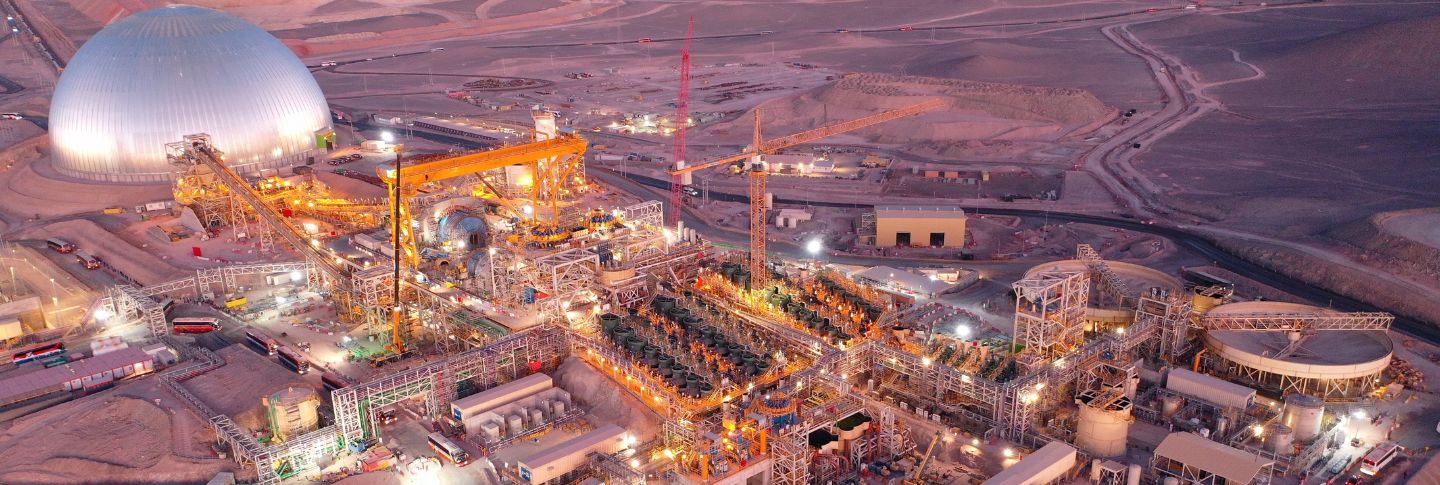14 septiembre 2021
Improving global water targets
Our vision is to contribute towards a water secure world by 2030 because access to safe, clean water is a fundamental human right. This means conserving water resources for environmental, cultural and economic resilience, ensuring communities and ecosystems can thrive for generations to come.
Unlike efforts to reduce greenhouse gas emissions, which can be tracked globally by measuring tonnes of carbon dioxide equivalent released into the atmosphere, there is no single agreed metric by which to measure water risk and performance. Instead, there is growing acceptance that measures chosen for reporting on water should reflect importance to the local context. This is demonstrated in the United Nations Global Compact CEO Water Mandate guide for companies on ‘Setting site water targets informed by catchment context’.
With our operations spanning a wide range of settings (including deserts, sub-tropical regions and marine habitats), stakeholders and water risks, we committed to setting context-based water targets for our operated assets. Intended to take effect post-FY2022, these public targets are being developed with key stakeholders in the region and based on the key water challenges for the area, and will help to reduce risk exposure, embrace opportunities and contribute to improving water resources more broadly within the catchment area.
Building effective context-based water targets will help us to:
- drive improved understanding of catchment resilience to changes in water conditions and the thresholds for impact
- contribute to managing water-related risks at our operated assets and address shared water challenges that are a priority to stakeholders
- capitalise on business opportunities and help satisfy public policy and stakeholder priorities
- strengthen the credibility and trust of our operated assets with stakeholders
- improve the resilience of our operated assets and contribute to wider resilience across our business
In FY2021, we continued to engage broadly, partnering with trusted and credible third parties (including local universities) to prepare Water Resource Situational Analyses (WRSAs) across our operating regions. WRSAs review and consolidate publicly available information, including Traditional Owner knowledge and inputs, identifying shared water challenges, the root causes of those challenges and opportunities to act. The WRSAs are a core input to formulating our post-FY2022 context-based water targets, focusing on local priorities that are shared by our neighbours.



